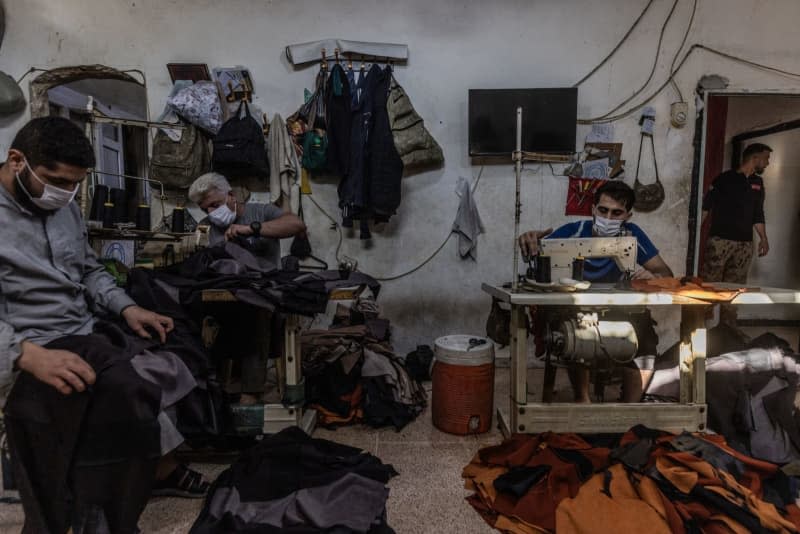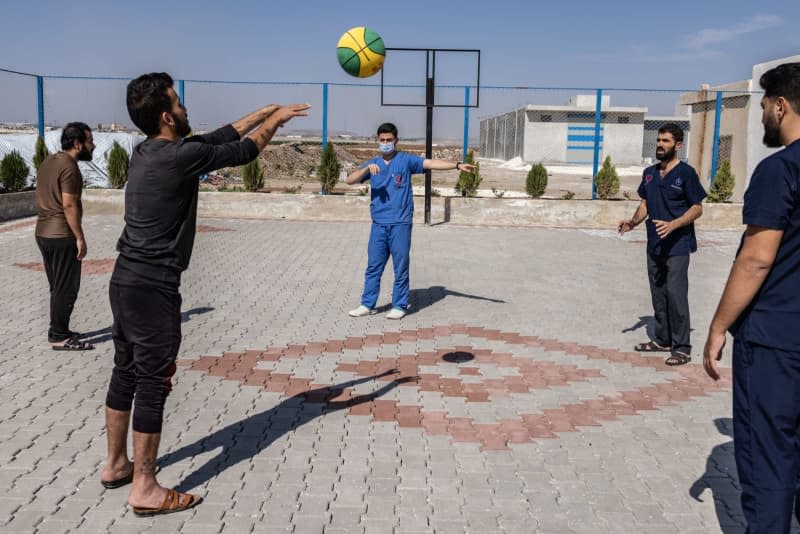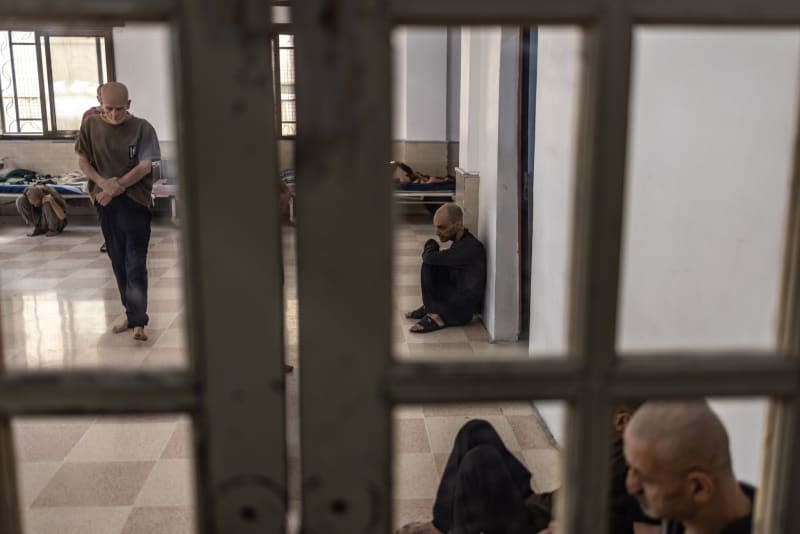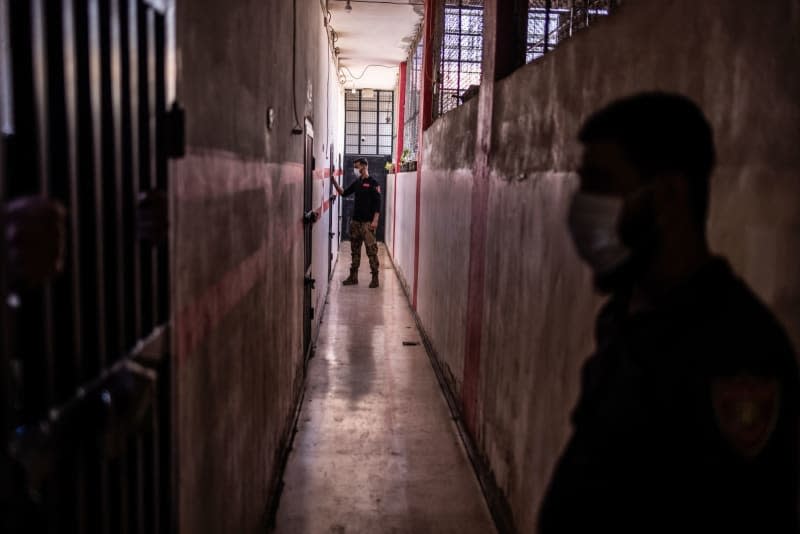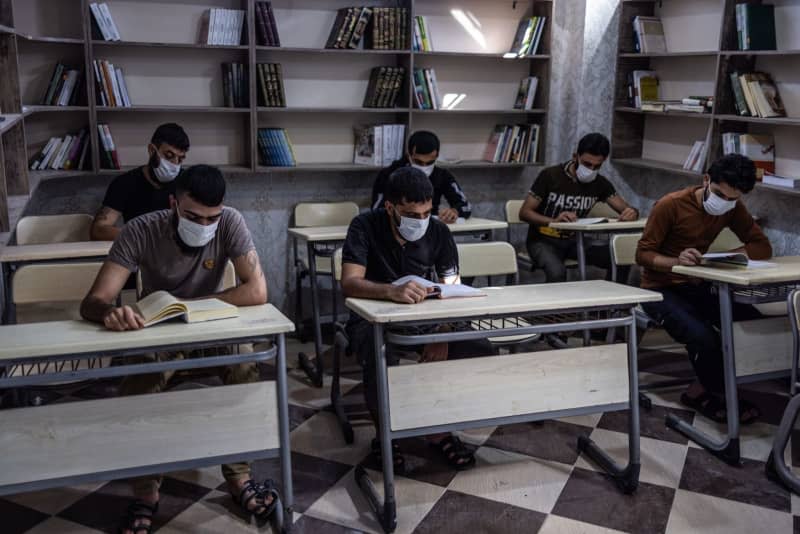Syrians turning to drugs to escape the misery of an ongoing civil war
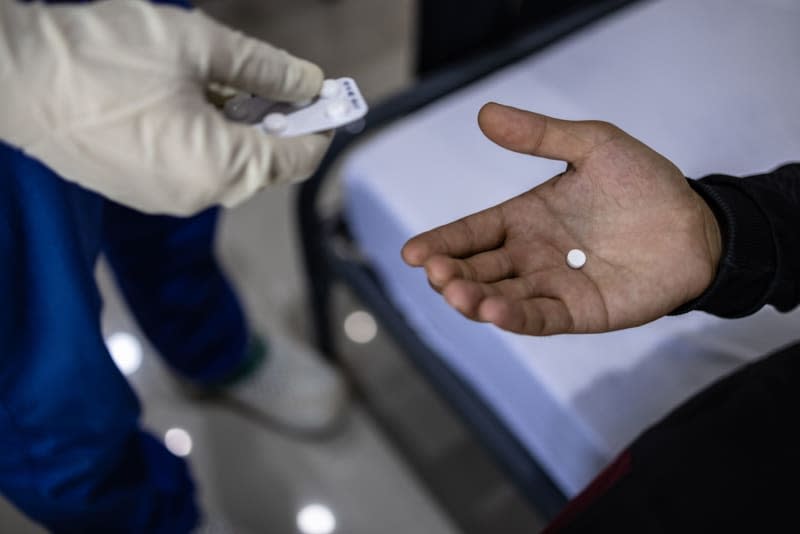
"I just wanted to forget all the misery and everything I lost," says Ahmad, a Syrian whose name has been changed as he wishes to remain anonymous.
Ahmad turned to forbidden means to escape the anguish he was enduring in war-torn Syria. For years Ahmad was addicted to the drug commonly known as Captagon, a synthetic amphetamine-type stimulant.
Many people in the embattled country are like him. It is one of the countless consequences of the war, which will enter its 14th year in mid-March.
The civil war in Syria began in March 2011 with anti-government protests that were put down violently by the government of Bashar al-Assad. Today, the country remains divided.
Al-Assad now controls two-thirds of the country. The north-west is under the control of opposition forces. It is the last rebel stronghold. A political solution to the conflict remains elusive to this day.
"Illegal drug production and trafficking have always been part of the Syrian conflict," said Zaher Sahloul, director of the US-based non-governmental organization MedGlobal, which provides access to health care for people in disaster zones.
While the drug trade from Syria has long garnered international attention, drug consumption among Syrians has often been ignored.
According to a study by MedGlobal, drug use has nearly tripled since the outbreak of the war. More than 80% of Syrian drug addicts are male. The majority of them are under the age of 30.
Consumption is widespread in all areas. Some 50% of users live in the opposition-controlled areas in the north-west regions of Syria, about 20% in government-controlled areas and 30% live as refugees abroad.
According to the study, Syria is considered the country with the highest number of drug addicts in the Arab region.
The reasons for drug abuse among Syrians are varied. According to Sahloul, many of al-Assad's soldiers use them as stimulants. Consumption is particularly widespread among high-ranking officers.
Those wounded in war use the drugs primarily to suppress pain. The general lack of medication in the country often leaves people with no other choice.
In addition, there is easy access to the drugs. “The flourishing of the drug trade and its local production has meant that drugs are sufficiently available and cheap to purchase,” says Sahloul. Many want to escape reality, he adds.
The devastating economic situation also contributes to the spread. “Poverty is a factor that encourages drug use,” says the MedGobal director.
Poor neighbourhoods with vulnerable groups in particular have become targets for drug dealers, experts say. Teenagers and widows in particular are being exploited.
Al-Assad's drug empire is estimated to be a billion-dollar business and considered a weapon of war, the 2023 World Drug Report shows.
The report states that Captagon is the most used stimulant drug in the civil war country.
According to MedGlobal, the use of cannabis and drugs such as cocaine is also widespread.
Captagon is also said to be the drug that maintains the regime in Damascus.
According to information, the global trade in amphetamine tablets is one of the Syrian government's main sources of income.
International investigators now believe Syria is one of the world's largest producers of the drug. According to reports, 80% of the global Captagon supply is manufactured in Syria.
People from al-Assad's inner circle and leaders of the Lebanese Hezbollah movement are also reportedly involved in the smuggling.
The pro-Iranian Hezbollah militia has been fighting alongside Syrian government troops since the Syrian civil war erupted.
According to opposition forces in north-western Syria, Damascus is also using the drugs and their trade as a weapon of war.
“The Syrian regime and its allied countries such as Iran and its militias that smuggle drugs into north-western Syria are systematically trying to destroy society,” said Khaled al-Asaad, director of the opposition-controlled military police agency in north-western Syria.
“I believe that the reason for this, is that the regime was not able to conquer the areas outside its control by force of arms."
There is only one clinic that supports drug addicts during withdrawal, in north-western Syria. That is where Ahmad ended up.
He has been getting treatment there for a year and says that he regrets using drugs to forget his misery, adding that he will work to help others to stop using them.
"I'm glad that I came here. I recommend other addicts to seek treatment."
